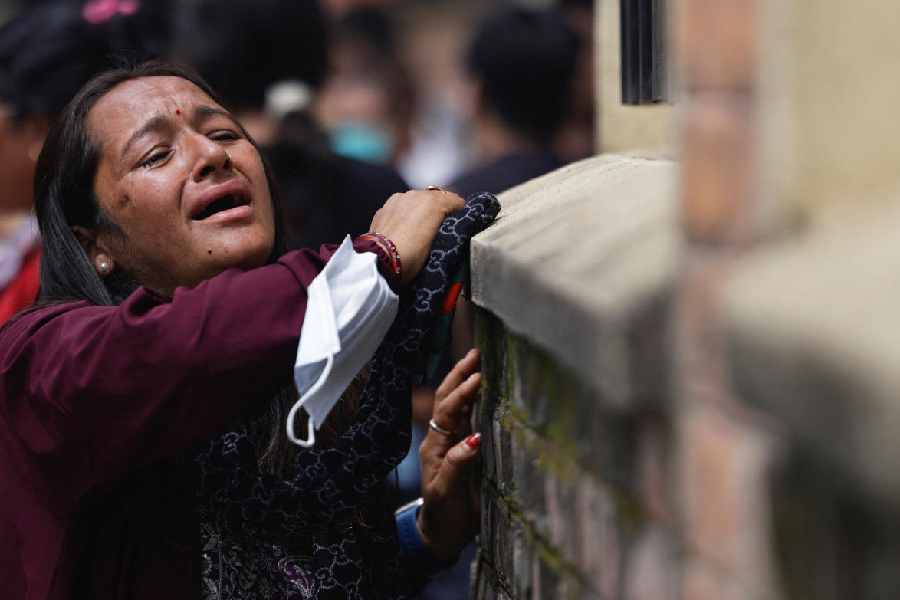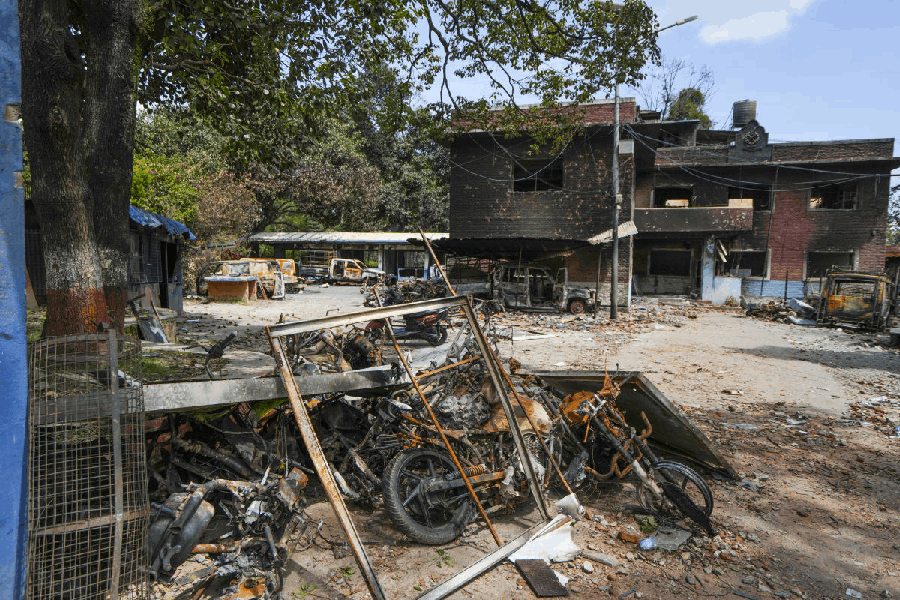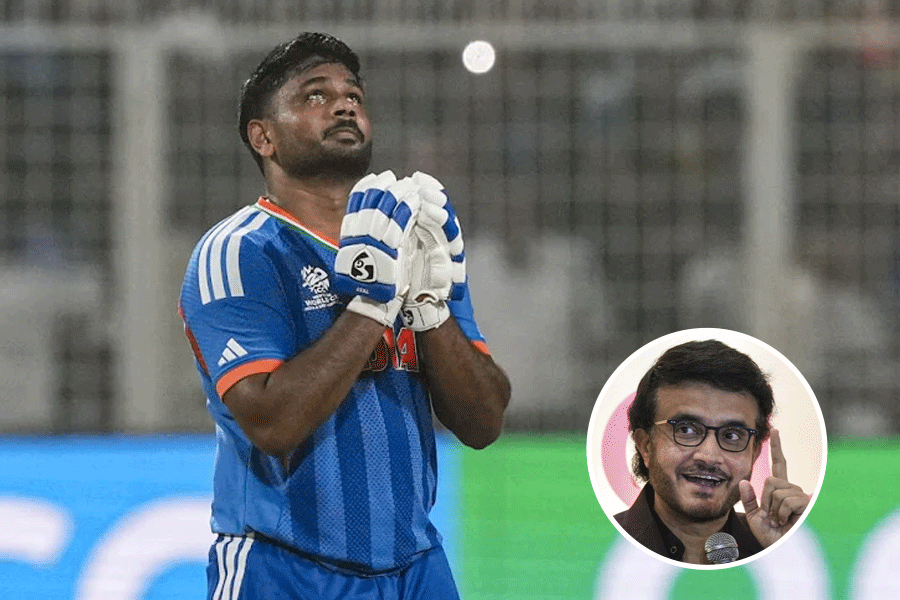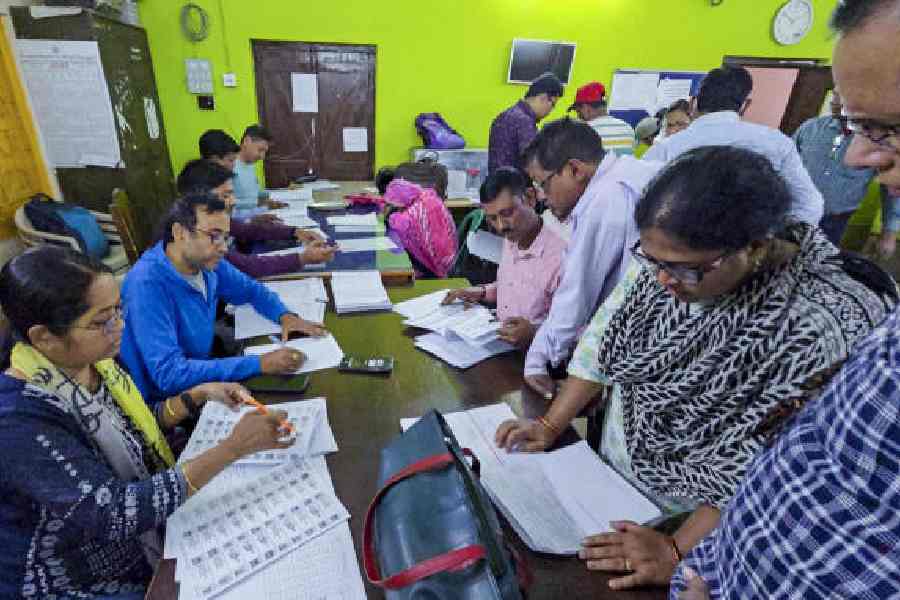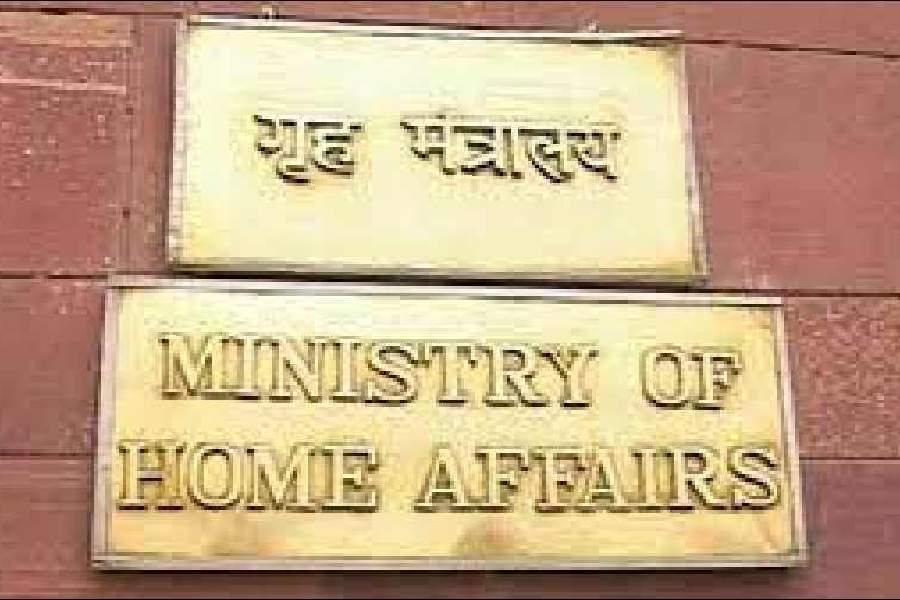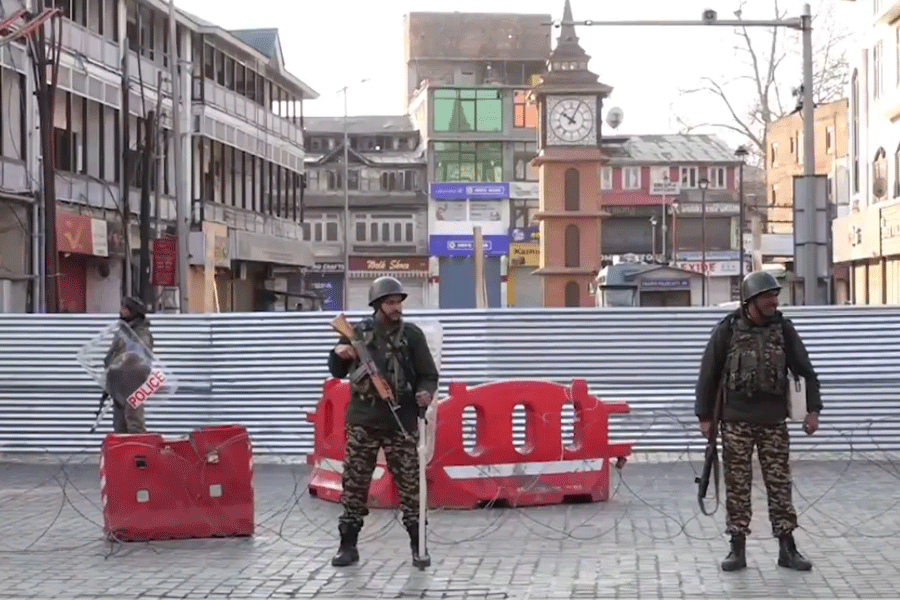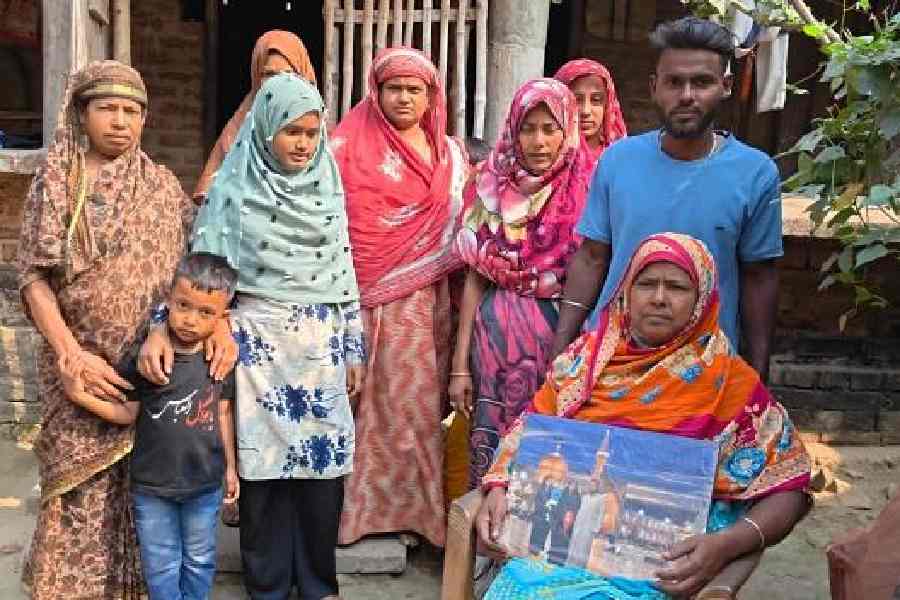Former Chief Justice Sushila Karki was sworn in as interim Prime Minister of Nepal on Friday night, ending the uncertainty since Gen Z protests had forced the K.P. Sharma Oli government to resign on Tuesday amid widespread arson that consumed the country’s Parliament, main secretariat and Supreme Court.
Karki’s oath-taking was finalised late on Friday evening after President Ram Chandra Poudel gave in to the Gen Z demand for the dissolution of the House of Representatives.
Some Nepal watchers fear the move can facilitate the return of monarchy to Nepal, given the disillusionment with the existing brand of politics in the country.
The 73-year-old Karki, Nepal’s first woman Chief Justice, will now have another first to her name — she is the maiden woman Premier of the country, even if only for an interim period.
Karki emerged as the lead contender for the post in an online poll conducted on Thursday over Discord, one of the many social media platforms that Oli’s government had banned, triggering the protests that ousted him from power.
While a semblance of calm returned to Kathmandu on Friday and Karki remained in contention through the day, uncertainty had prevailed till late evening over the efforts to form an interim government.
This was primarily because the President held firm against the dissolution of Parliament and insisted that any stopgap arrangement till the next elections be evolved within the contours of the existing Constitution.
A scheduled meeting to resolve the deadlock was postponed and deliberations between Gen Z representatives, the established parties, the President and army chief Ashok Raj Sigdel went on for hours, raising the spectre of the uncertainty spilling over into the weekend. Finally, Poudel gave in on the demand for the dissolution
of Parliament.
However, according to the Nepali media outlet Republica, differences persist over the future role of Parliament and broader constitutional changes.
The Kathmandu Post, which had faced considerable mob fury, said Karki was the most acceptable candidate to Gen Z and the established parties.
“Those who have worked with her describe Karki as courageous and possessing the highest level of integrity,” the newspaper said.
“She is also known for her Spartan way of life, they say. Ananda Mohan Bhattarai, former Supreme Court justice, says Karki and her husband have made significant contributions to the country’s democratic movement.
“They are true Gandhians not just in ideology but also in lifestyle. ‘She has agreed to shoulder such a huge challenge demonstrating her courage. We all need to support her,’ said Bhattarai, former Supreme Court justice who worked with her.”
India did not comment immediately on the appointment of the interim government. Foreign policy wonks suggested that it was best for New Delhi not to get embroiled in Nepal politics given the anti-India sentiments that surface periodically in the country.
The Indian ambassador to Nepal, Naveen Srivastava, attended the swearing-in ceremony at Sheetal Niwas and met Karki fleetingly as diplomats lined up to greet her after her oath-taking.
Nihar R. Nayak, research fellow at the Manohar Parrikar Institute for Defence Studies and Analyses, told The Telegraph that it was best for India to wait and watch till a legitimate government had been elected.
“There are so many actors on the stage at this moment, and no one is in charge. It is best to play safe and stay away,” Nayak said.
He suggested that the dissolution of Parliament could help the royalists. Nepal’s Constitution provides for a referendum on any issue but requires securing two-thirds of Parliament’s strength. The past couple of years have seen several rounds of pro-monarchy protests.
There’s also growing concern among Nepal’s civil society organisations about the Gen Z movement being used by pro-monarchists to further their agenda.

